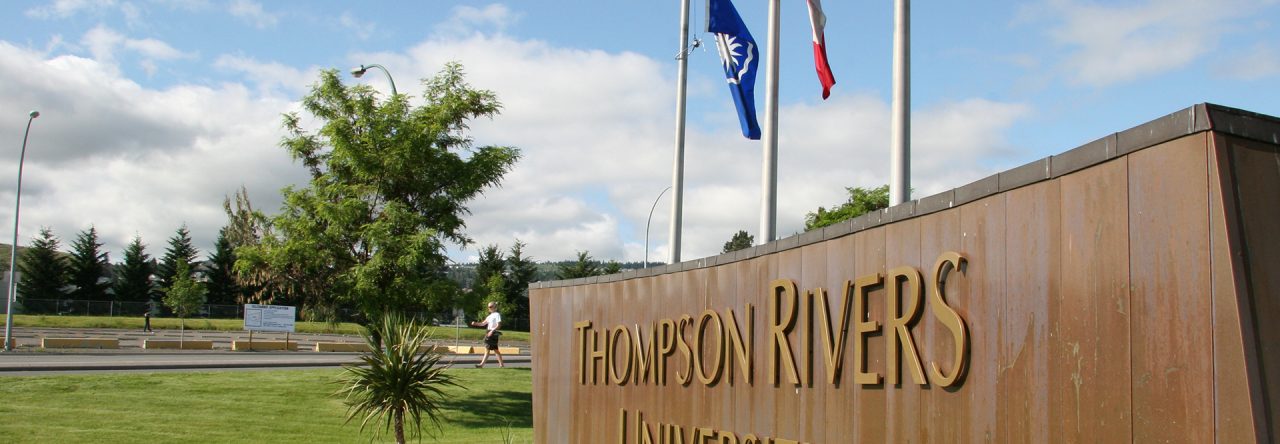by Dr. Natasha Ramroop Singh
Simmons (2020) analyzed the dynamics affecting *SoTL practitioners and outlined the 4M framework which identifies factors that either encourage or hinder scholars from pursuing SoTL. Four levels of influence were identified – the Micro or individual level, the Meso or department/program level, the Macro or institutional level, and the Mega or beyond the institutional level. In this blog post, I will explore the micro level – factors intrinsic to the individual which affect ones ability or desire to explore research within the classroom.
Effective teaching is a performance art. In the classroom, the instructor must be vibrant, powerful, excited, passionate, knowledgeable, and dare I say, happy. Students now are hyper attuned to when they are bored, and can easily resort to scrolling on Instagram to get that hit of dopamine they crave. Long gone are the days when students were responsible for the level of interest placed upon course content for their own success. It is now the instructor’s responsibility to sing, dance, act and tic-toc our way through classes.
I can be funny and outgoing under the right suite of conditions, but generally, being in front of a group of students, especially in CT 200 on a Friday at 4:00 pm where I seem to always get scheduled, makes me a downright swamp animal. But, I am a professional, so I always get the job done. Do I think I operate at full capacity at all times? Perhaps not. My students’ evaluation of teaching certainly tells me I can do more – more practise questions, more images, less words on slides, write slower, talk slower, smile, be more approachable, perform Act 5 Scene 5 of Shakespeare’s Macbeth…..It is clear I have things to work on and improve.
But guess what? I love my job. I thoroughly enjoy the dynamics of being an academic and the opportunities that come my way. As someone who is always striving for excellence, I care deeply about my student’s perception of me, and I want to be able to make a positive impact on their learning and ultimately their lives. That’s why it’s ok for me to be a SoTL Scholar. It’s ok for me to reconcile the fact that I am imperfect, and study my imperfect techniques in the classroom.
SoTL represents an opportunity for me to engage with teaching in a more intellectual and reflective manner. It allows me to apply research methodologies to my teaching practices, critically analyze the outcomes, and contribute to the broader academic discourse on education. SoTL offers a way to blend my passion for teaching with my interest in research, potentially leading to innovations in pedagogy that benefit students.
This is to me, a very conscious and personal decision – to want to critically reflect on what I do, and how I do it, all towards the goal of being more effective, more respected and more fulfilled, as I leave CT 200 on a Friday evening at 5:30 pm.
By striking a balance between research and practical teaching, educators can ensure that our scholarly efforts translate into meaningful improvements in the classroom, ultimately benefiting the students we aim to serve. As the law of dialectics states – truth emerges from the clash of ideas – so if you are thinking about exploring SoTL, and you know you are an imperfect educator, I urge you to embrace the paradox.
_____
Interested in learning how to engage in scholarly inquiry on teaching and learning, or seeking research funding to support your SoTL scholarship? Watch for exciting announcements from CELT coming out this Fall!
* TRU’s definition of SoTL is: A research-based approach to investigating and improving teaching and learning practices in postsecondary education. Faculty members who conduct SoTL contribute to the field of teaching and learning by using rigorous research methods and disseminating their findings, making them available for critique and replication.
Reference:
Simmons, N. (2020). The 4M framework as analytic lens for SoTL’s impact: A study of seven scholars. Teaching & Learning Inquiry, 8(1). http://dx.doi.org/10.20343/teachlearninqu.8.1.6

Leave a Reply